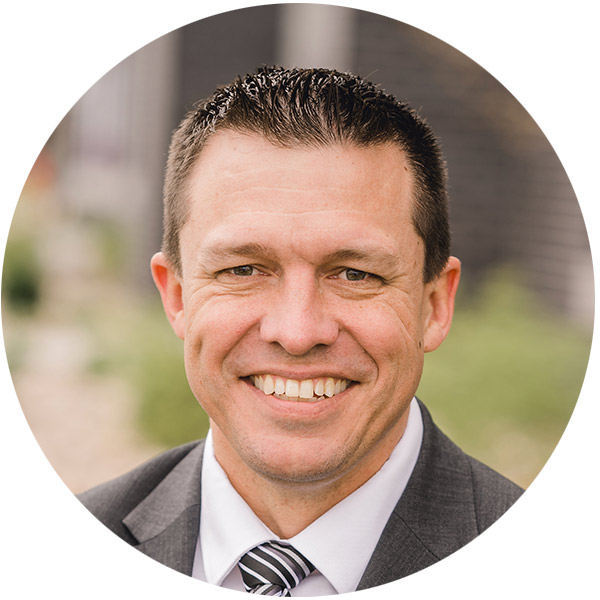College enrollment is shrinking.
There are many reasons that enrollment may shrink: a declining birth rate from twenty years ago, tuition increases, on-the-job training, or an increase in alternatives to traditional college. Whatever the reason, colleges and universities, especially small ones, should begin looking at changing their model.
Many colleges and universities in Utah have seen their enrollment maintained, but not by traditional, degree-seeking students. Steve Robinson points out that some universities have nearly half of their student body who are not seeking a degree. These students are often taking courses of interest: a cooking class, a coding bootcamp, or something specific to their career goals.
Schools like Western Governors University (WGU) offer non-traditional schedules. This means that the schools offer classes on the student’s schedule and at the student’s pace. Students can take classes when they have time, and they can test out of courses where they already know the subject material.
Capella University uses a non-traditional tuition model. Students can pay per credit or for twelve weeks. Students paying for twelve weeks are incentivized to complete as many courses as they can during this period.
Other universities offer non-traditional degrees. Evergreen College offers students the chance to build their own major. Other universities only offer degrees that clearly lead to job opportunities, focusing on majors in business, accounting, nursing or education.
I was able to finish my master’s degree from WGU in just over a year and for half the cost of traditional universities in Utah.
I am not the only one interested in this model. Since 2015 , WGU enrollment has tripled, moving from just over 45,000 students to almost 130,000.
Small local colleges have a choice: adapt or fail.






